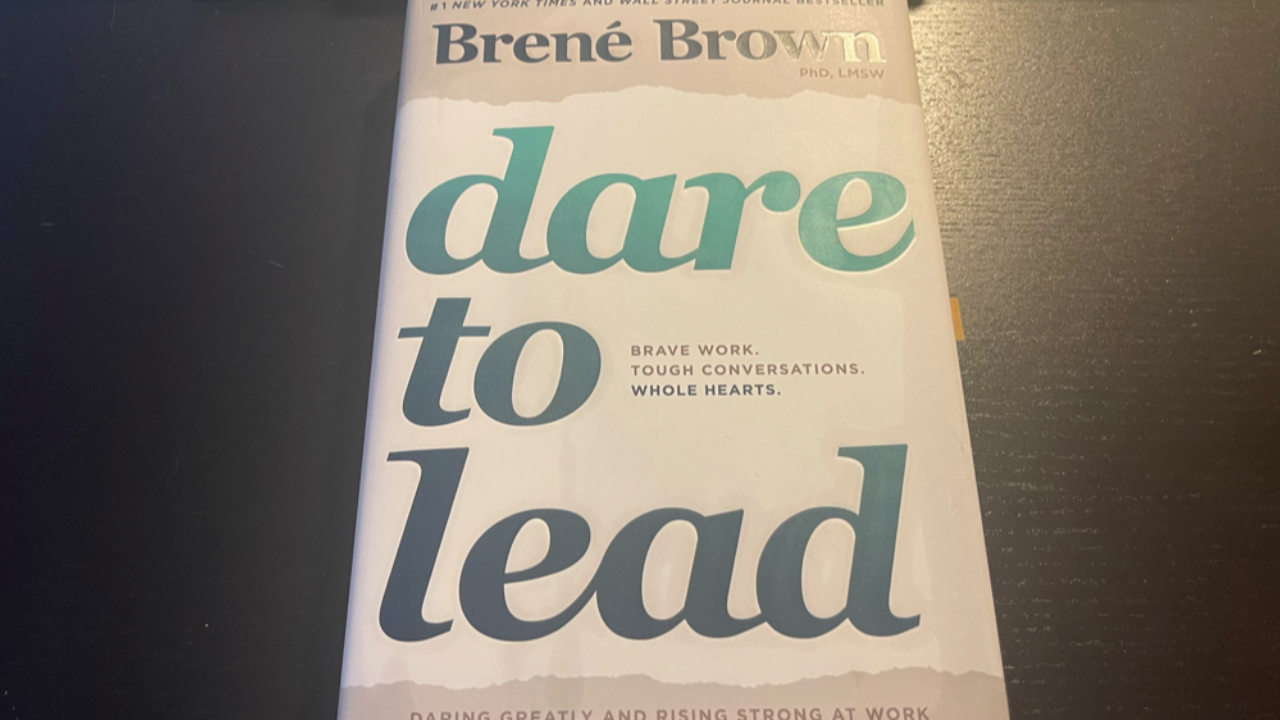Psychological Safety & Fake Vulnerability
Aug 29, 2023
Have you ever been in a meeting where something uncomfortable is being discussed, often a difficult change that must take place, and the leader says, “What questions do you have?” and there’s nothing but crickets and the leader thinks things are just fine while the rest of the group is wondering what fresh new hell is about to descend on them? I think most of us recognize the lack of psychological safety here.
While this is a workplace scenario, it can also happen in your personal life. There’s another side to that scenario that happens, when the leader has created psychological safety with their team. When that leader asks, “What questions do you have?” There may be some pause, but then there is likely a lively discussion that follows because the people on that team feel safe to ask the hard questions.
There’s a lot of talk about psychological safety right now, and for good reason. It’s critically important for people who work together to feel safe taking risks and being vulnerable with each other. Without this, productivity suffers big time. It’s been proven by Google’s 5-year study, Project Aristotle, on what makes a highly productive team. (You can find out more about this project here with this Guide to Understand Team Effectiveness, which also contains a link to an excellent NY Times article.)
I was struck by the term “fake vulnerability” when re-reading Brené Brown's Dare to Lead recently. She was discussing how a leader can show vulnerability with their team without oversharing or disclosing inappropriately (p. 38). Here’s what she said about fake vulnerability:
“Fake vulnerability can look like a leader telling us that we can ask questions but not taking the time to create psychological safety to do it, or not offering a pause in the conversation for anyone else to speak at all.”
Sounds a lot like scenario one, right? I don’t even know how many times I've been in that sort of situation, where a “leader” supposedly wants us to feel free to ask questions, but there’s no air in the room left to do so, so to speak. She went on:
“...Not only is fake vulnerability ineffective – but it breeds distrust. There’s no faster way to piss off people than to try to manipulate them with vulnerability.”
The next time a “leader” is having a challenging conversation and says, “you can ask questions” and you feel like there’s a dagger to your heart if you do, now you have a name for it: Fake Vulnerability. You also have a right to feel angry that they are trying to manipulate you.
For every other person out there who aspires to be a true leader, remember that Fake Vulnerability is a very thin veil that everyone can see through. The way to truly lead people is to be honest and authentic with them, share your own vulnerabilities, and let them know you are creating a psychologically safe space to collaborate and grow.
Are you working through work-life balance issues? Are you facing burnout?
Reach out for a free 1:1 coaching consultation.
Was this post shared with you?
Join our mailing list to receive the latest blog posts directly!
Your information will never be shared.
We hate SPAM. We will never sell your information, for any reason.

